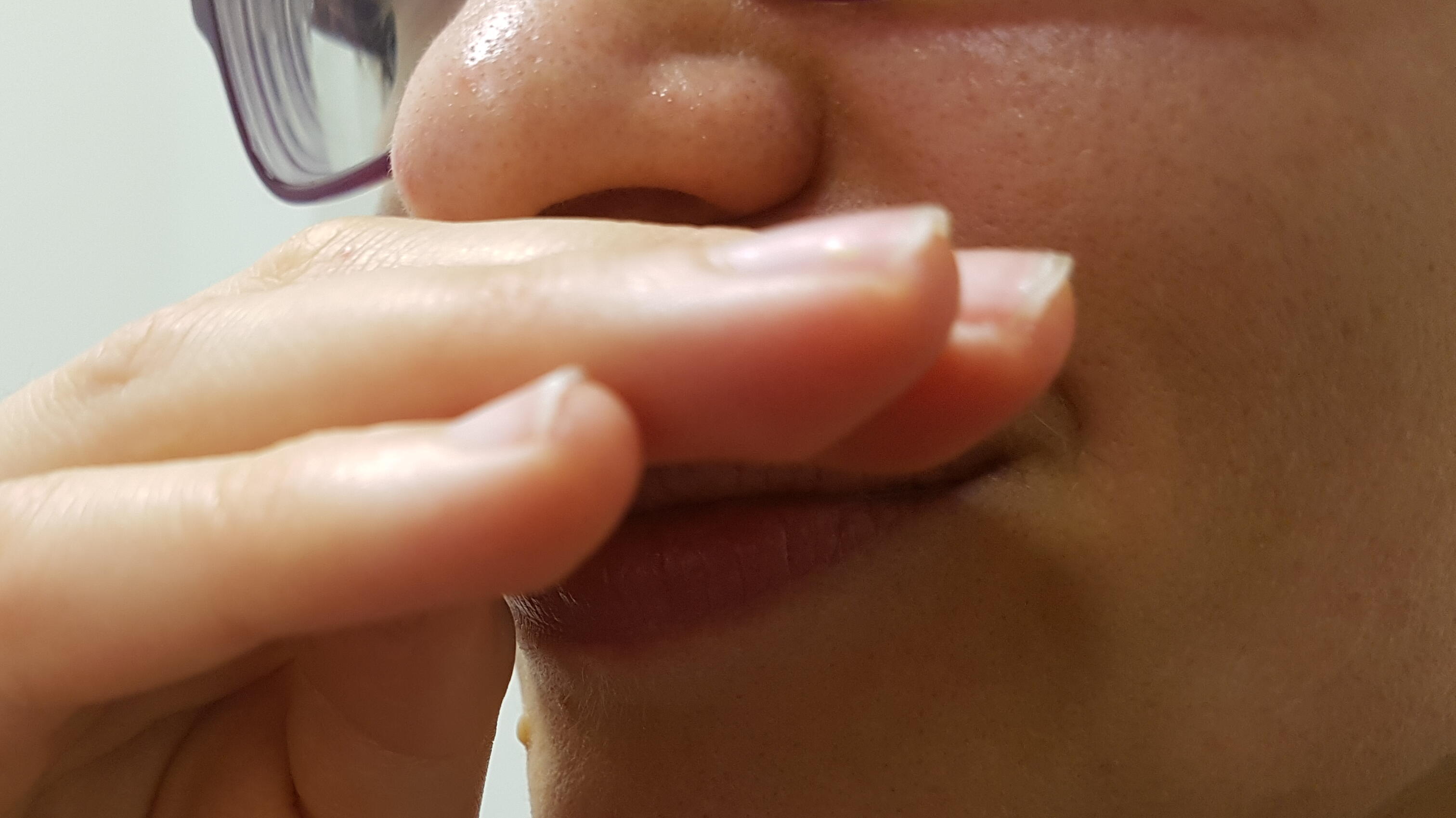
Researchers from LSTM, along with colleagues from the Royal Liverpool University Hospital, have completed a study that shows that pneumonia-causing bacteria can be spread by nose picking and rubbing
The study, which has been published in the European Respiratory Journal, is the first to confirm that pneumococcus, the bacteria that can cause pneumonia, can be spread through direct contact between the hands and the nose and not just through the inhalation of airborne droplets containing the bacteria through coughs and sneezes. The results suggest that ensuring good hand hygiene and keeping toys clean could help to protect young children from catching and spreading the bacteria to others.
Dr Victoria Connor, a clinical research fellow at LSTM is lead author on the paper. She said: “Pneumococcal infection is a major cause of death around the world, and it is estimated that it is responsible for 1.3 million deaths in children under five years annually. The elderly and people with other causes of impaired immunity, such as chronic illness, are also at an increased risk of pneumococcal infections.
“Our current understanding of the transmission of pneumococcus is poor, so we wanted to look at how it may be spread in the community. Having a clearer understanding of how the bacteria is spread will allow for better advice on how transmission can be reduced, so that there is greater prevention of pneumococcal infections.”
The team, based in the Accelerator Research Clinic (ARC) used 40 health adult volunteers for the study, which was funded in part by Unilever and the Medical Research Council. The volunteers were randomly assigned to four different groups that were exposed to the bacteria using different hand-to-nose methods, with two groups having the bacteria in water either sniffed from the back of their hands or poked into their nose with a finger containing the bacteria, while the other two groups did the same with air dried bacteria. While researchers found that participants were as likely to get pneumococcus bacteria in their noses whether they were exposed using wet or dry samples, the total number of bacteria passed on were higher for those exposed to wet samples.
The team also found that the same amount of transmission occurred if participants poked, picked or rubbed their noses. Dr Connor Said: “The presence of bacteria can sometimes boost the immune system of children and can reduce their chances of carrying it again later in life, but for parents, as this shows that hands are likely to be involved in transmission, this may be important when children are in contact with elderly relatives or those with reduced immune systems.”
The pilot study has led to further work with Unilever looking at whether using hand wash products where clean water is not readily available reduces the spread pf pneumococcus from hand to nose.